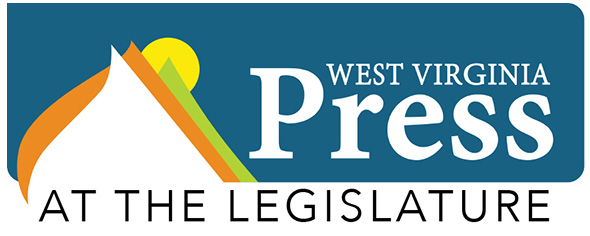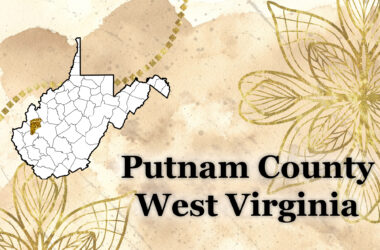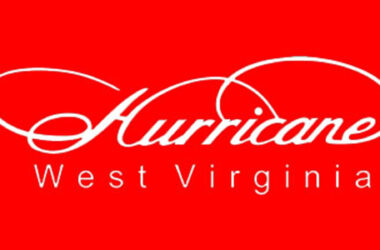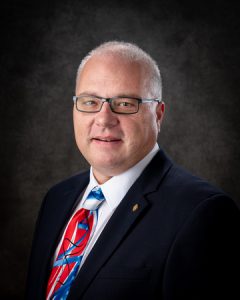By Autumn Shelton, WV Press Association
CHARLESTON, W.Va. – The legislature’s House Committee on Economic Development and Tourism advanced seven bills on Tuesday – most of which focus on attracting new businesses to the state through varying taxation laws.
The first bill advanced, House Bill 3403, would provide both personal income and corporate net income tax credits for employers who either provide or sponsor childcare facilities for their employees.
“The current child care tax credit allows for 50 percent of the cost of operation less any amounts paid by employees,” according to the fiscal note. “This bill simply increases the current credit for operating a childcare facility from 50 percent to 100 percent by offering a new alternative tax credit without removing existing tax credits.”
HB 3403 is now headed to the House Finance Committee.
The next bill advanced, HB 3314, was introduced on Feb. 7 by lead sponsor Del. Joe Statler, R-Monongalia, and is designed to provide funding for localized infrastructure development projects through potential tax increases.
Statler explained that the bill would allow county commissions to increase any Economic Opportunity Development District excise tax to up to one percent above the consumer sales and services tax.
In response to questions regarding construction-related services, Statler said he doesn’t believe they would fall under this bill.
“It’s mainly on the sales and the tax that’s put upon the sales of goods in that district,” Statler said, adding that this does not apply to a TIF (tax increment financing) district.
The additional funding must then be used “for infrastructure within the district,” Statler continued. “It’s not like they (county commissions) are making money.”
Kurt Dettinger, representing the law firm Steptoe & Johnson on behalf of WestRidge in Monongalia County, testified that these types of developments (and tax districts) are located in Ohio, Monongalia and Harrison counties, with another being planned in Jefferson County, and can “attract a lot of private investment.”
This bill is now headed before the House Finance Committee.
The third bill, HB 3417, would create a pilot program to allow Potomac State College of West Virginia University to participate in the “Learn and Earn Program.” The bill is now headed before the full House for further consideration.
Next up for discussion was the committee substitute for HB 2064, which would establish the “Tourism and Commercial Opportunity Zone Tax Credit Act” for the purpose of creating tax incentives to attract new businesses to the state.
Introduced by Del. Gary Howell, R-Mineral, the bill defines Tourism and Commercial Opportunity Zones as “locations designated by a selection panel of the Secretaries of Economic Development, Tourism and Commerce or their designees as 30 acres of property or land to be developed/improved per 1,000 people.”
Projects within these zones would be eligible for tax credits with a minimum investment of $250,000 for a period of 10 years, and receive a credit that is equal to the “difference between their annual real property taxes paid on the development site and the amount they would have paid if the development site had been taxed as Class 2 property.”
Following development, any sales tax collected by the new establishment would then be offset by a tax credit “against the qualified investor’s income tax liability with maximum approved investment of $1 million per year per tourism and commercial zone investment company and maximum tax credit per qualified investment at no more than $50,000,” according to the state tax department fiscal note requested on Jan. 14.
If enacted, the bill would take effect on July 1, 2023. This committee substitute version is now headed before the full House of Delegates for consideration.
Next, the committee substitute for HB 2065 was advanced, which would create the “West Virginia Heavy Duty Truck Excise Tax Elimination Act.”
This bill, also sponsored by Del. Howell, is designed to encourage heavy-duty truck manufacturers that meet North American Industry Classification System (NAICS) requirements, to consider opening a facility and investing in the state.
According to the bill’s fiscal note, “the investment shall be a minimum of $2 million. The tax credit is worth up to 100 percent of the federal excise tax paid in a single tax year and is applicable against the state’s corporation net income tax and personal income tax, in that order.” This bill would become effective on July 1, 2023, and is now headed before the full House for their consideration.
Next, the committee advanced House Concurrent Resolution 31, with amendment, which would permit the state’s Division of Natural Resources to procure bids from companies interested in building a lodge at Beech Fork Lake. This resolution is now going before the House Committee on Rules.
Lastly, the committee advanced an originating bill, which would provide exceptions to the Uniform Common Interest Ownership Act (UCIOA) for Planned Communities.
According to counsel, the bill states that “going forward if an existing community wants to opt out of that application of that uniform code to their community they can, or a new one can opt not to have it apply in the first place.”
The originating bill’s requestor, Del. Jordan Maynor, R-Raleigh, stated that the UCIOA was “put into place to govern and dictate to planned developments how they are going to set up, how they are going to govern their bylaws, their meetings – it is very intricate. It is very detailed and stringent.”
He said that developers, who have expressed interest in the state, have “pointed to” the UCIOA “as a potential impediment, because they would desire more flexibility to rely on contract law to start and develop their managements.”
The bill, which will be named at a later date, will now go before the full House for consideration.





